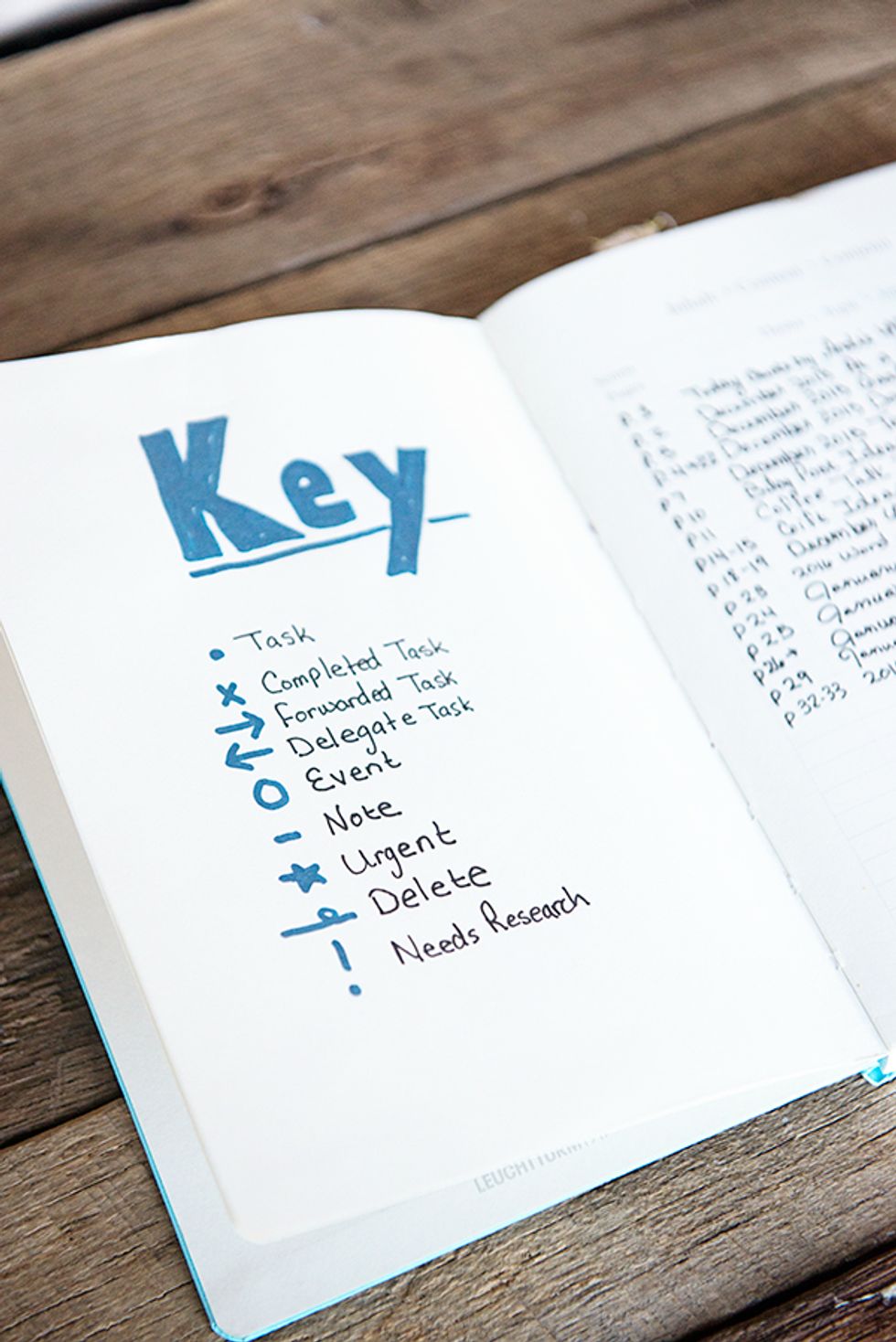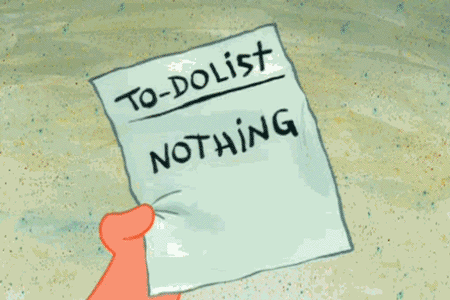College life can be, and often is, very hectic. Our days are full of classes, extracurriculars, work, eight hours of sleep (if you’re lucky), a social life (if you can find the time) and all the little things that come with living life on your own as you try to be an adult. The trick to managing such a busy schedule? Look no further than the classic to-do list, they're very effective and actually very good for you. Lists not only help you remember things, but also are incredible for stress relief. We all know stress is super bad for you, so why not make lists? Maybe you believe that you’re too unorganized or that you won't actually follow it. If this applies, then the steps listed below are for you, my friend.
1. Find a medium that works for you.
Start by treating yo self and buy that really cute notebook you’ve had your eye on in the bookstore. You’ll be more willing to make lists if you’re making them in something that’s nice and fun to look at. Agendas are also great for list making because they allow you to plan in advance and see those plans all spread out. Post-it notes are great because you stick them anywhere as a reminder, even in the notebooks and agendas where you make your other list. Also while you’re at it, pick up some fun colored pens to make your list more visually stimulating and allow you to color code if necessary.
2. Pick a system and stick with it.
For less busy days, it can be enough just to causally list out a few things, but if your life is more like mine, you need to have a system to sort things out. The bullet journaling system is fantastic for this, in its entirety it’s basically a way to keep an agenda, notes and plan out your life months in advance all in one book. Though I don’t follow the whole system, their method of marks to distinguishing things works great. The system they use allows you to distinguish between tasks, events, notes, and really urgent things that require lots of attention.
3. Keep your list simple.
Trust me, as a person whose desk turns into a mosaic of sticky notes during my busiest weeks, if you overload your to-do list, you’ll be less likely to complete it. Instead pick a few task that have to be done today, three is an ideal number, and focus on getting those things done. I also like to add little tasks, like making the bed or taking out the trash, which can be done quickly and don’t require much time. By doing that I can knock out a few tasks quickly, and the more checks I see on my list the more productive I feel, so the more likely I am to tackle the bigger things on my list.
4. Be specific in your list.
When you make your list, and select those few things that need to be that day, be specific about them. Don’t write “research paper” down as your task, instead put “write first 2 pages of research paper.” This will make it seem more manageable and give you a realistic goal to work towards. Unless you actually have an entire paper to do in a day, in which case you’d better add procrastination under unorganized on your list of things to fix. It is also helpful to set aside times to do stuff, but don’t get too caught up in scheduling.
5. Remember, life happens.
Even if you religiously list out everything you need to do every day, there will still be days when you don’t finish your list. You may have something forgotten or unplanned come up that has to be done right then, whether it’s an overlooked dentist appointment or an unexpected invite from a friend, or you just really need a break and time to relax, feel free to go ahead and enjoy yourself. You can finish your list later. Don’t stress about it, sometimes you just won’t get things done and that’s why you have tomorrow and a brand new to-do list.
Happy listing!

























